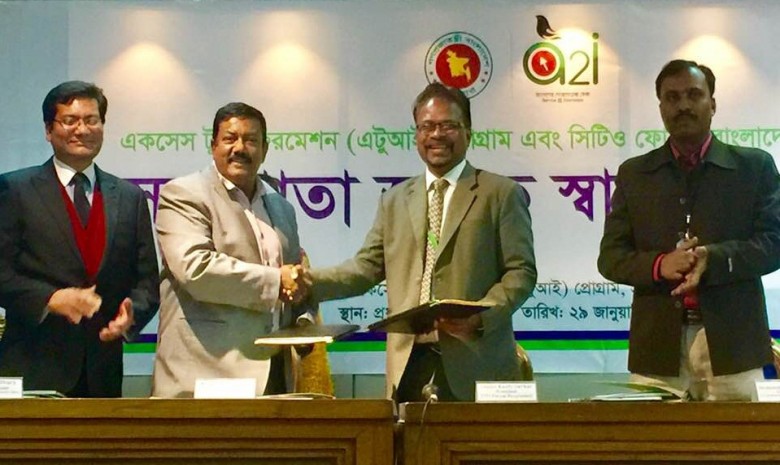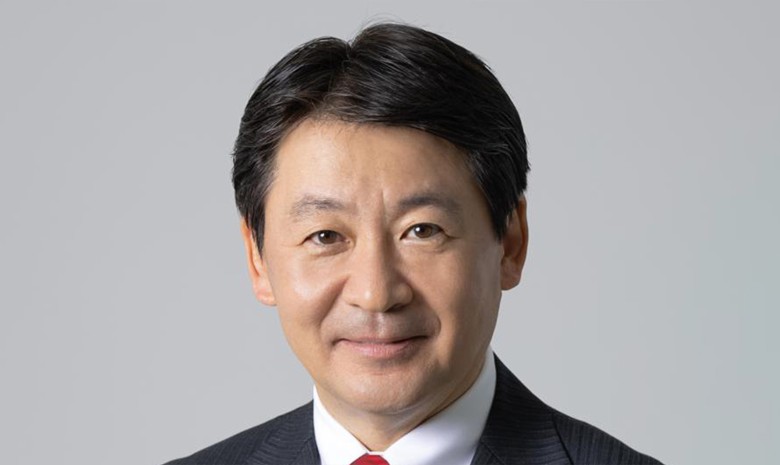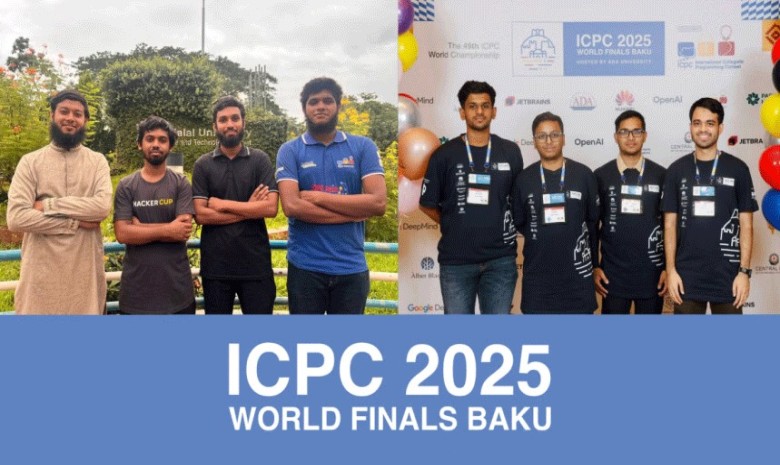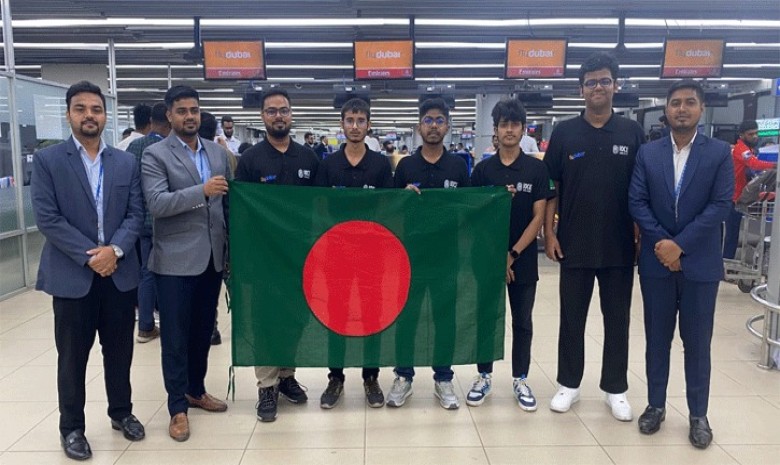Canon Inc., a global leader in imaging and printing technology, is renowned worldwide for its high-quality cameras, imaging solutions, and printing equipment. Founded in Japan in 1937, Canon now operates in more than 200 countries. From DSLR and mirrorless cameras to professional video equipment, lenses, printers, and scanners, Canon is celebrated for its quality, reliability, and advanced technology.
Canon began operations in the Bangladeshi market over a decade ago. Today, the company is not only delivering world-class products but also expanding its customer service and dealer network. With the growing popularity of content creation, vlogging, and professional photography among youth, the demand for Canon’s mirrorless and DSLR cameras has increased significantly. Simultaneously, Canon’s position in the corporate sector for printers and scanners has also strengthened.
Driven by technological advancement and changing customer needs, Canon continues to introduce innovative products, making it a trusted name in professional photography and document solutions in Bangladesh.
Recently, Toshiyuki Ishii, Executive Officer of Canon Inc. and President of Canon Marketing South Asia and Singapore, visited Bangladesh. He assumed this role on January 1, 2024, and is currently overseeing sales, marketing, service, and operations in 23 countries and regions across South and Southeast Asia. During his visit to Dhaka, he spoke with TechWorld about Canon’s regional strategy and future plans for the Bangladeshi market. Highlights of the conversation are shared below:
Q: This is your second visit to Bangladesh. How do you view the country now compared to your last visit?
Toshiyuki Ishii: I’m genuinely delighted to be back in Bangladesh. Compared to a few years ago, several significant changes have caught my eye. Most notably, the youth here are incredibly energetic and tech-savvy. People's purchasing power has improved, and they are now investing not only in essentials but also in passion-driven products.
The government is prioritizing digitalization, infrastructure has improved, and communication networks have advanced remarkably. All of these developments have made Bangladesh an even more promising market for us. That’s why we’re returning with renewed focus and commitment. For Canon’s latest technology and products, Bangladesh is now a key strategic market.
Q: What has been your approach and experience with the South Asian market?
Ishii: South Asia is a critical region for me. I’ve been with Canon for over three decades. When it comes to developing markets here, I follow three core strategies:
- Building Brand Image – Positioning Canon as a reliable and strong brand.
- Connecting with Customers – Listening to our customers’ experiences, satisfaction, and concerns, and using that insight to improve our offerings.
- Innovation and Expansion – Constantly exploring new technologies, launching new products, and tapping into new markets.
In Bangladesh, the youth demographic is especially important to us. That’s why we’ve come here in person—to understand their preferences and expectations directly.
Q: How did you manage to engage with customers in such a short visit?
Ishii: We’re working closely with our long-term partner, J.A.N Associates, in Bangladesh. During this visit, I personally visited several key showrooms and technology markets and interacted with our dealers in Dhaka. We focused on gathering their insights, experiences, and feedback. These valuable inputs will help shape our future strategies for this market.
Q: With the rise of social media, mirrorless cameras are becoming more popular. How is Canon responding to this shift?
Ishii: Yes, mirrorless cameras have certainly become more popular. However, Canon’s focus goes beyond just mirrorless. We are investing in the entire imaging ecosystem—lenses, sensors, processors, and image processors.
While Sony may lead in mirrorless, Canon remains a top player in DSLRs and printing technology. We’re also innovating in smartphone imaging, automotive applications, and security cameras. We view competition as a positive force that drives market development and encourages innovation.
Q: What challenges does the grey market pose to Canon in Bangladesh?
Ishii: The grey market is a significant challenge. It harms both the consumer and the brand. That’s why we emphasize the value of genuine products, official warranties, and after-sales support.
We’re taking steps internationally to monitor and manage our supply chains. However, solving this issue completely requires support from government authorities and regulatory bodies.
Q: With rapid technological change, especially the rise of AI, what is Canon’s strategic focus?
Ishii: Canon has always been a brand associated with innovation and trust. Our advancements in image sensors and optics have set new benchmarks in camera technology.
Our R&D teams are actively integrating AI into our ecosystem. We’ve already made significant progress with some AI-powered features and plan to expand their application in upcoming products, primarily to benefit content creators, photographers, and professionals.
Q: What was the primary purpose of this visit?
Ishii: Bangladesh is an essential market for us. Since taking on the role of President for South Asia in January 2024, my goal has been to understand our markets, partners, and customers more deeply. This visit has given me valuable insights that will help us develop more localized strategies. We’re committed to strengthening Canon’s presence in Bangladesh’s growing technology sector.
Final Word: Bangladesh presents a vibrant opportunity for global brands like Canon. With a rising youth population, expanding economy, and accelerating digital transformation, Toshiyuki Ishii’s hands-on engagement with the market signals Canon’s serious intent—not just to maintain its presence but to lead with innovation and customer focus in this emerging economy.
Total views: 2164



























